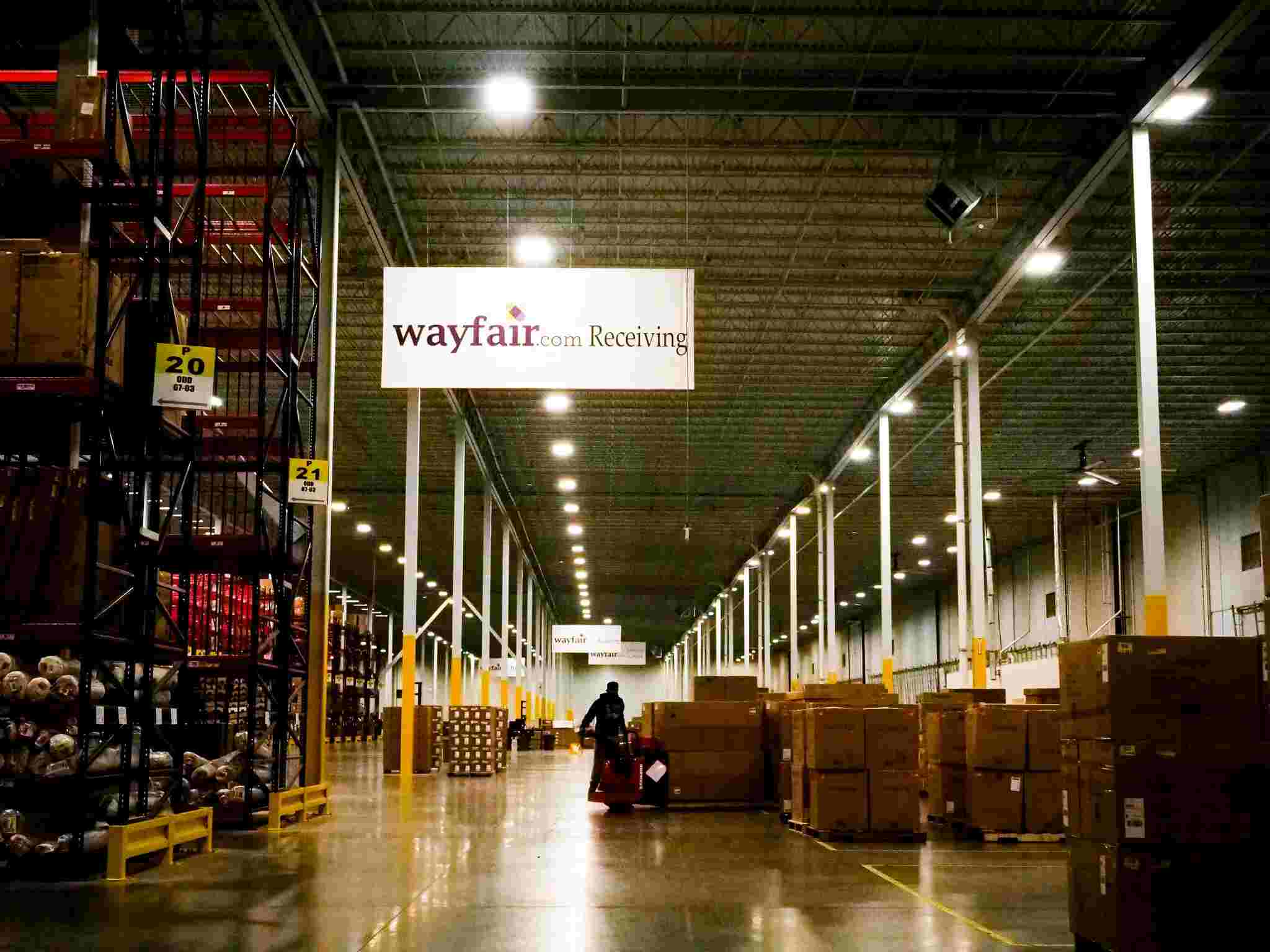‘Fast Furniture’ Is Cheap. And Americans Are Throwing It in the Trash.

Image Collected
Americans bought piles of furniture during the pandemic, with sales on desks, chairs and patio equipment jumping by more than $4 billion from 2019 to 2021, according to a market data company. And a lot of it won’t survive the decade.
Fast furniture, which is mass-produced and relatively inexpensive, is easy to obtain and then abandon. Like fast fashion, in which retailers like Shein and Zara produce loads of cheap, trendy clothing that’s made to be discarded after only a few wears, fast furniture is for those looking to hook up but not settle down. It’s the one-season fling of furnishings.
Read More : Are Matching Furniture Sets Going Out Of Style?
Many of the Ikea beds and Wayfair desks bought during the Covid-19 lockdown were designed to last about five years, said Deana McDonagh, a professor of industrial design at the University of Illinois, Urbana-Champaign. “I relate to fast furniture like I do to fast food,” Ms. McDonagh said. “It’s empty of culture, and it’s not carrying any history with it.”Ikea of Sweden said in a statement that “life span estimation may vary” for its furniture, and customers are encouraged to repair, resell or return products they can no longer use. Wayfair said through a spokesperson that “we sell an extensive range of furniture products across all styles and price points,” adding that some are meant to “last for generations as well as furniture that meets customer needs for affordability.”
Increasingly, renters and homeowners are opting for fast and cheap, or as Amber Dunford, style director at Overstock.com, defines it, “furniture where the human hand is missing.” And they don’t keep it long. Each year, Americans throw out more than 12 million tons of furniture, creating mountains of solid waste that have grown 450 percent since 1960, according to the Environmental Protection Agency. Bits of tossed furniture can be recycled, but the vast majority ends up in landfills.
“It’s quite a big problem, both spatially and also because of the way a lot of fast furniture is made now, it’s not just wood and metal. The materials don’t biodegrade or break down,” said Ashlee Piper, a sustainability expert and the author of “Give a Sh*t: Do Good. Live Better. Save the Planet.” “We’re creating this Leviathan problem at landfills with the furniture that we get rid of.”
The e-commerce furniture market alone was worth more than $27 billion in 2021, and projected to reach more than $40 billion by 2030, according to a report from Next Move Strategy Consulting. Ikea is opening an average of 50 new locations per year; Amazon, the world’s largest retailer, now has two private-label furniture brands, the midcentury-modern Rivet and the more farmhouse-chic Stone & Beam.
For all of its flaws, fast furniture offers millions of homeowners the opportunity to live in a stylish home at an affordable price point. As young people contend with skyrocketing housing prices and economic anxiety, even those who would prefer to browse antique markets or shop for custom pieces simply don’t have the resources to do so.
Sebastien Long founded Lodgeur, which rents short-term furnished apartments in Texas, in 2019. He does the design for the apartments in-house, and relies almost exclusively on retailers like Wayfair, Target, West Elm and CB2.
“We do this because of fast turnaround times required on many of our projects, but also because we’re able to create stylish and comfortable apartments,” he said. The durability of the furniture doesn’t concern him much, he added, because of his business model. “Fast furniture is more likely to get damaged when you move it around in a U-Haul,” he said. “That’s why we leave it inside the apartment and instead move people in and out.”
But even for those who swore they’d never bring low-end furniture in their homes, necessity can be the mother of exception. During the pandemic, Georgia Zikas, owner of Georgia Zikas Design, worked with a client in New Jersey, furnishing and decorating a multi-million-dollar house that would be used as their second home. They closed in November 2020 and wanted to be able to use the backyard pool by spring, but global production and shipping bottlenecks meant that custom-made furniture pieces were delayed by months.
“They had a deadline,” Ms. Zikas said. “So I went to one of my designers and was like: ‘What can we have in eight weeks?’”
The entire home was outfitted with ready-to-ship pieces from Pottery Barn, Crate & Barrel and Ethan Allen, vendors that have higher price points, use higher-quality materials and all have sustainability pledges. But environmentalists like Ms. Piper still consider them fast furniture because their pieces are mass produced. It was a choice, said Ms. Zikas, that a few years ago might have surprised her. But since the pandemic, and its ripple effect on the global supply chain, all bets are off.
Source: https://www.nytimes.com
Previous Story
- GMIS America calls for greater collaboration between energy...
- Holland America Line celebrates one year back to...
- Polyethylene Pipes & Fittings Market by Trends, Key...
- Luxury carmaker Bentley reports a second consecutive year...
- Google employees to lose pay and eventually be...
- Nieuw Statendam returns to South Florida cruising and...
- Retailers look to staff up ahead of holiday...
- The Skirvin: The US' most haunted hotel?